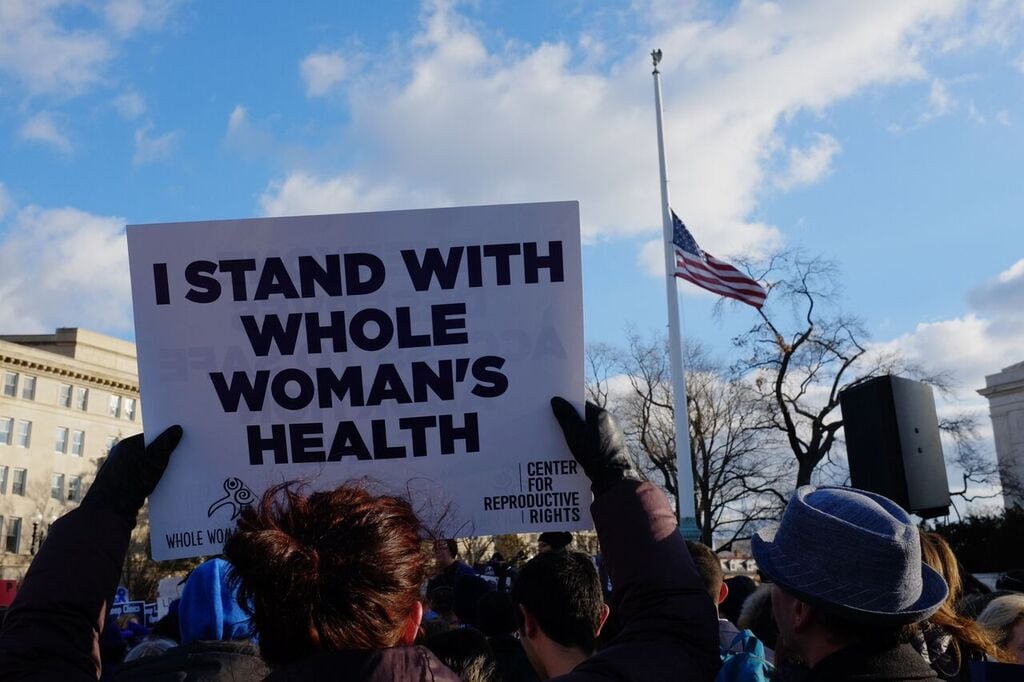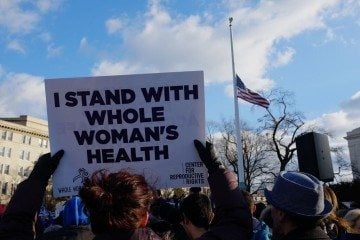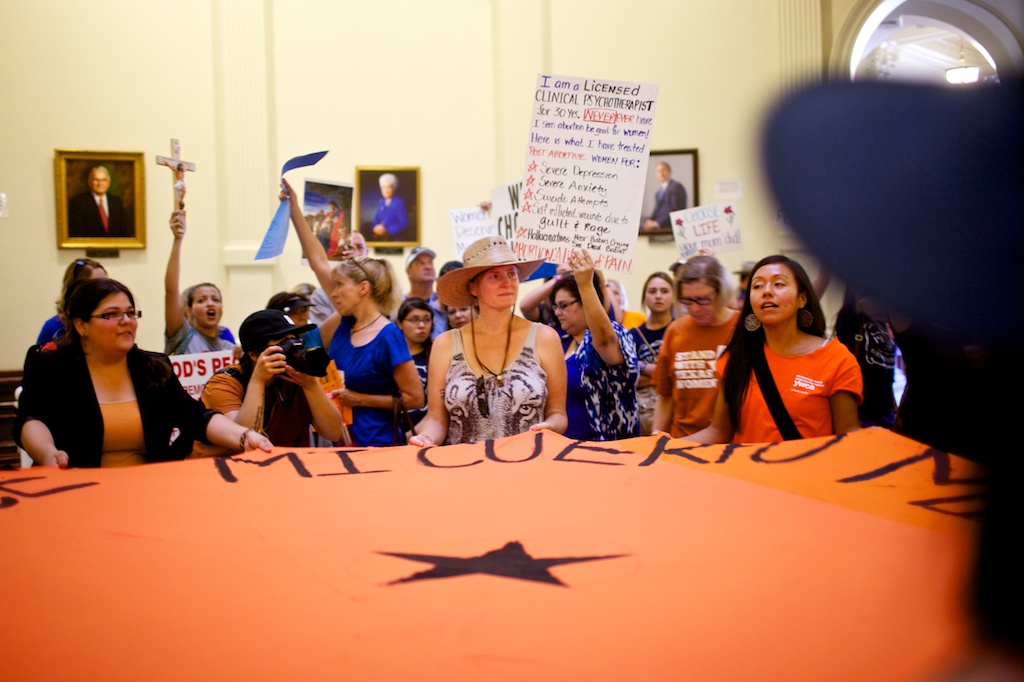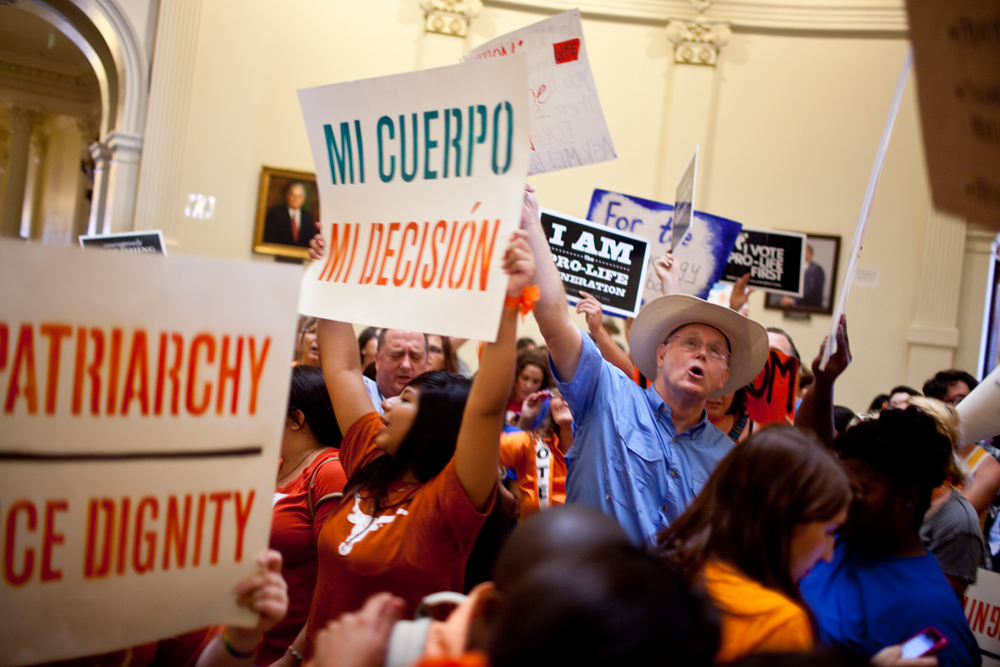
With More Texans Traveling for Abortions, Meet the Woman Who Gets Them There

A version of this story ran in the June 2016 issue.

Natalie St. Clair is a travel agent of sorts, and lately she’s been busier than ever. Every month, the 23-year-old Austinite makes arrangements for about 30 Texans who must travel to get an abortion. The sole employee of the 2-year-old nonprofit Fund Texas Choice, she books flights and hotels, provides gas money, arranges local transportation and lends a compassionate ear to women in need.
Because of anti-abortion laws passed in Texas and neighboring states, St. Clair is now guiding many Texans to clinics in New Mexico, which hasn’t passed an abortion restriction in 15 years. About 10 of her clients go there each month — either because they live closer to one of New Mexico’s five clinics, or because they need an abortion after 20 weeks.
St. Clair said many of her clients are surprised at how hard it is to get an abortion in Texas in the wake of House Bill 2, the 2013 law that closed more than half of the state’s clinics.
“I hear a lot of ‘I had no idea that the laws were this way. I have to go out of state?’ There’s a lot of shame and guilt because people think it’s their fault, or they weren’t prepared enough,” she said. “I explain that [Texas laws] are set up this way on purpose. … [They’re] making abortion inaccessible on purpose.”
Recent data shows a significant increase in residents from other states traveling to New Mexico for abortions. The number of abortions for non-residents has doubled in the last three years, according to state data. In 2014, 20 percent of New Mexico’s 4,500 abortion patients were from out of state.
Only two Texas abortion clinics now exist west of San Antonio — both in El Paso. For women in vast swaths of the Panhandle and rural West Texas, the nearest facility is in the Land of Enchantment. Women are also forced to wait up to three weeks for their appointments at some Texas clinics. Such long waits can push them past 20 weeks of pregnancy, after which abortion is banned in Texas under HB 2. Two clinics in New Mexico perform abortions up to 28 weeks.
New Mexico’s sole state-level restriction requires that abortions be performed by a licensed physician, in contrast to Texas’ thicket of patient regulations, including counseling requirements, a mandatory sonogram and multiple appointments. HB 2 also requires clinics to operate as hospital-like ambulatory surgical centers and mandates that physicians obtain admitting privileges at nearby hospitals.
Amy Hagstrom Miller, CEO of Whole Woman’s Health, says New Mexico’s regulations are “totally in line with how things should be.” About half of the patients at her Las Cruces, New Mexico, clinic are from Texas, she said.
Supporters have claimed that HB 2 ensures patient safety. At the U.S. Supreme Court, where the law is being considered, attorneys for the state of Texas pointed to women’s ability to travel to New Mexico as evidence that access has not been diminished.
During oral arguments in March, Justice Ruth Bader Ginsburg noted a certain irony to that argument.
“New Mexico doesn’t have any [ambulatory surgical center] requirement, and it doesn’t have [the] admitting [privileges] requirement,” she said. “If that’s all right for the women in the El Paso area, why isn’t it right for the rest of the women in Texas?”

